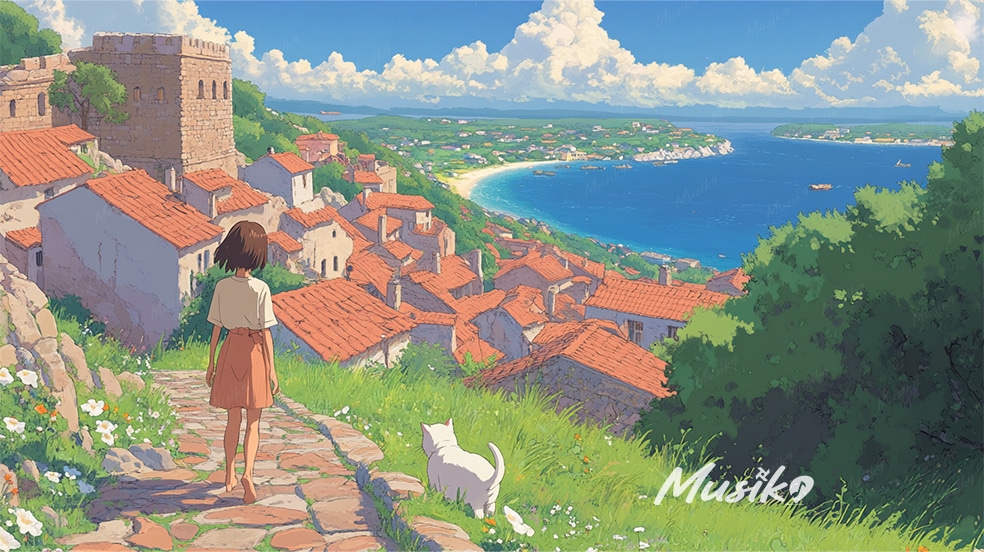🌴Cuyo
Welcome to Cuyo, Palawan, a tropical gem that dances with history, culture, and raw island charm! Nestled in the Sulu Sea between Puerto Princesa and Panay, Cuyo is the oldest town in Palawan, often called the “Cradle of Christianity” in the province. But don’t be fooled by its size — this island packs a punch of natural beauty, Spanish-era wonders, colorful traditions, and windsurfing waves that thrill seekers dream of.
🏰 A Glimpse of the Past: Historic Fort Cuyo
One of Cuyo’s standout landmarks is Fort Cuyo, a 17th-century Spanish fort made of coral stones. It’s a historical centerpiece where cannons once defended the town from pirates. Today, it guards stories of colonization, faith, and resilience. Right beside it is the Cuyo Church, one of the oldest in Palawan, still standing strong with its time-worn beauty.
🏖️ Nature, Waves, and Seclusion
Cuyo is made for adventurous souls and peace seekers. The island’s beaches like Capusan Beach offer crystal-clear waters and powdery white sand, perfect for chill mornings and sunset strolls. For thrill chasers, windsurfing and kiteboarding at Anino Beach and Victoria Beach is a must. From November to February, the Amihan winds make Cuyo a hotspot for international kiteboarders!
🎭 Culture that Dances and Sings
Cuyo thrives with indigenous traditions blended with Hispanic influence. Locals proudly celebrate their Cuyonon heritage, visible in their language, dances, and day-to-day customs. The native language, Cuyonon, is widely spoken alongside Filipino and English, giving the island its rich linguistic charm.
🍲 Food That Feels Like Home
Get ready for simple yet heartwarming dishes made with the freshest seafood and local produce. Try specialties like tamilok (woodworm) for the brave, kinilaw na isda, and lato salad (sea grapes). Street vendors offer grilled delights, and local eateries serve warm, home-cooked meals straight from the heart of Palawan.
🎉 Feast Like a Local: Purongitan Festival
Each August, Cuyo comes alive with the Purongitan Festival, a celebration of the town’s Christianization and thanksgiving for the harvest. Expect street dancing, fluvial parades, traditional Cuyonon music, and native games that bring the whole town together in a vibrant display of heritage and joy.
🎶 Music with Island Soul
Cuyonon folk songs and instruments like the gitgit (native violin) keep traditional tunes alive. Locals often gather to sing ambahan and komposo, lyrical forms of storytelling that pass wisdom and laughter through generations.
🌟 What Cuyo is Known For
- Spanish Colonial Fort and Church
- Kiteboarding and Windsurfing Capital of Palawan
- Cuyonon Culture and Language
- Secluded Beaches and Rich Marine Life
- Being the Oldest Settlement in Palawan






